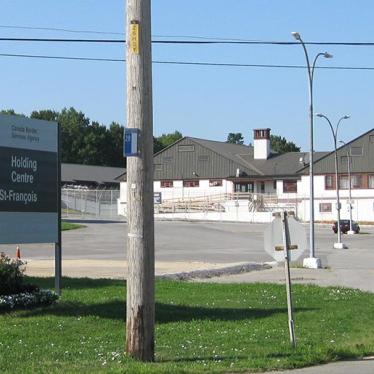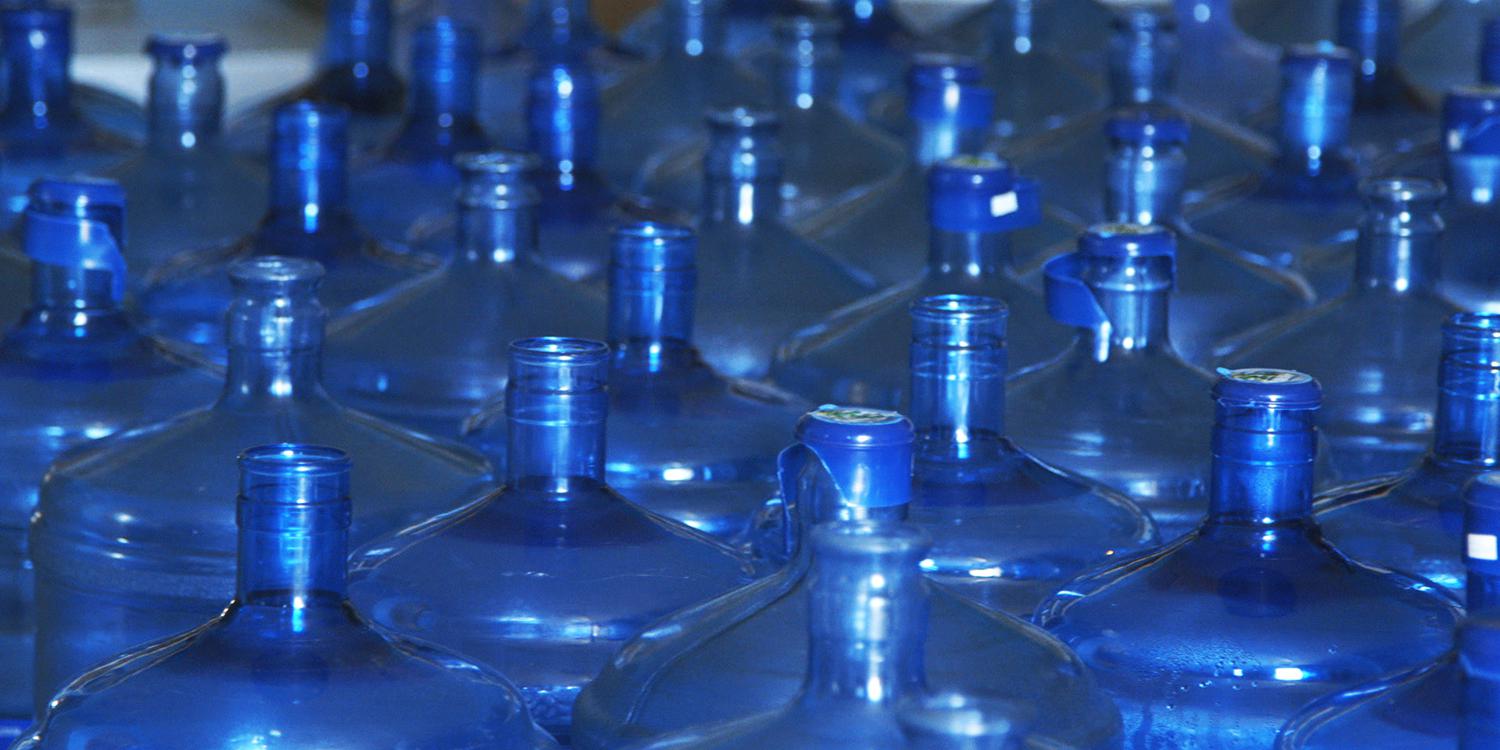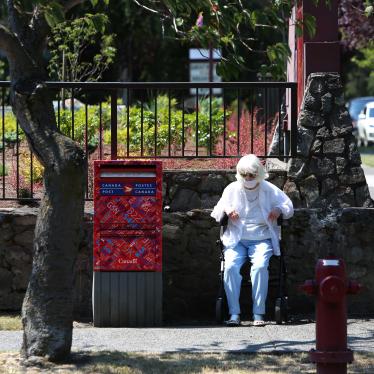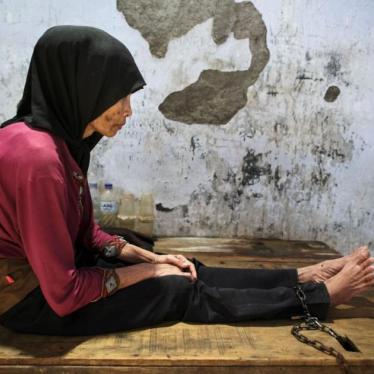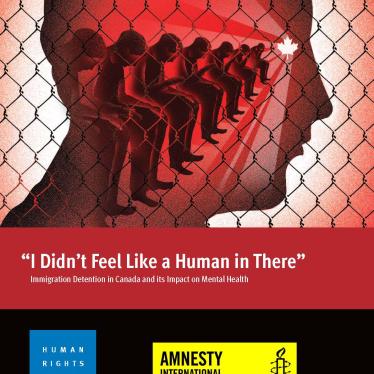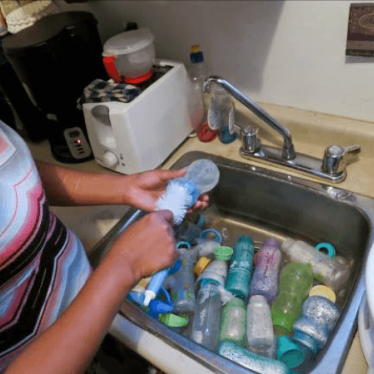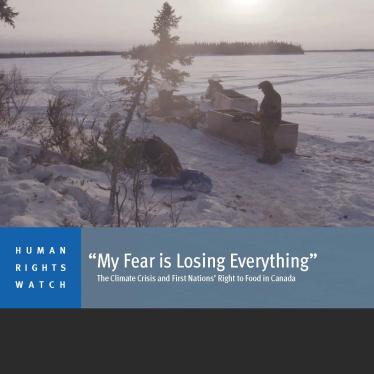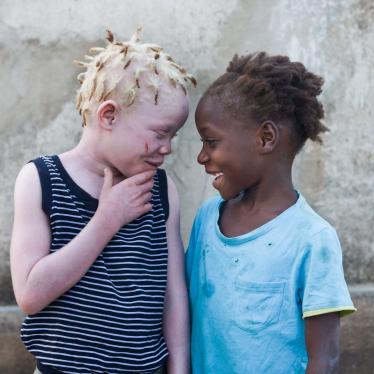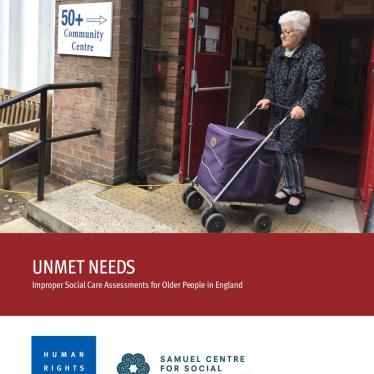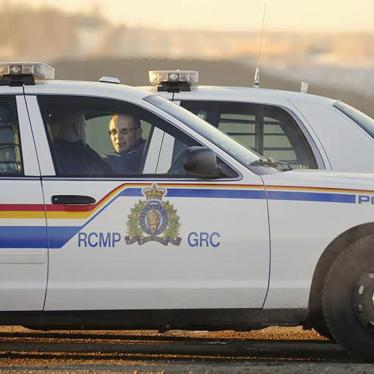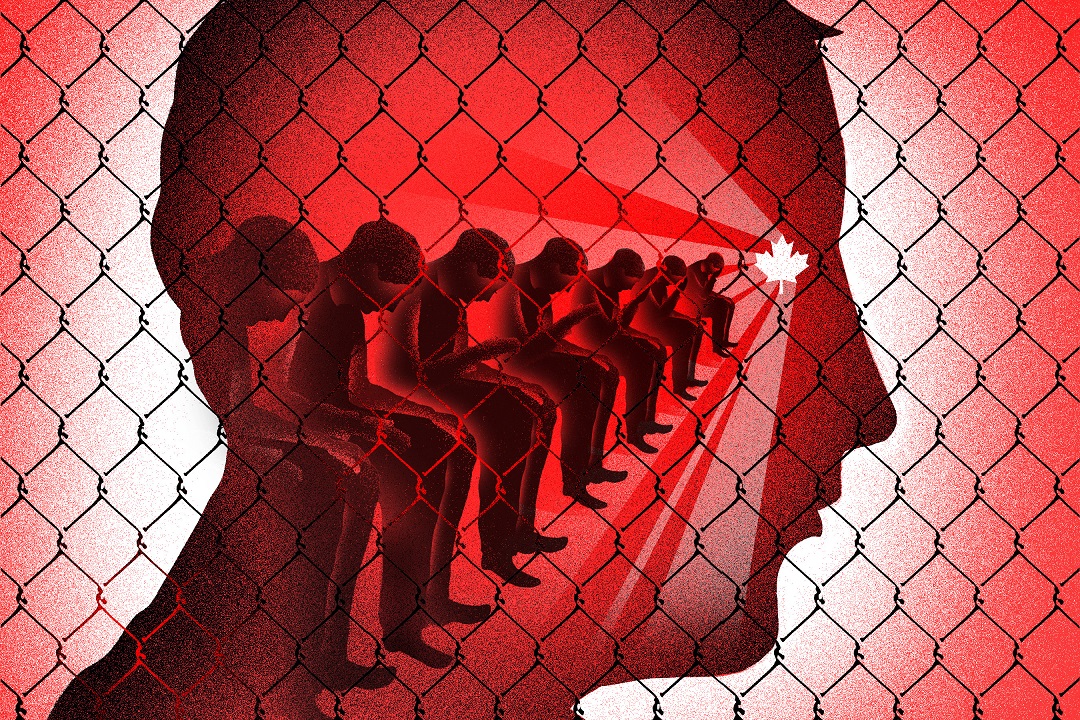Death of Immigration Detainee an Urgent Wake-Up Call for Canada: Border Agency Fails to Release Basic Information
On January 28, a person held in immigration detention in the Canadian province of Quebec died after they were found in “medical distress.” The Canada Border Services Agency (CBSA), which operates the Laval Immigration Holding Center, disclosed the death two days later, but provided no details regarding the deceased’s identity or cause of death. More >
